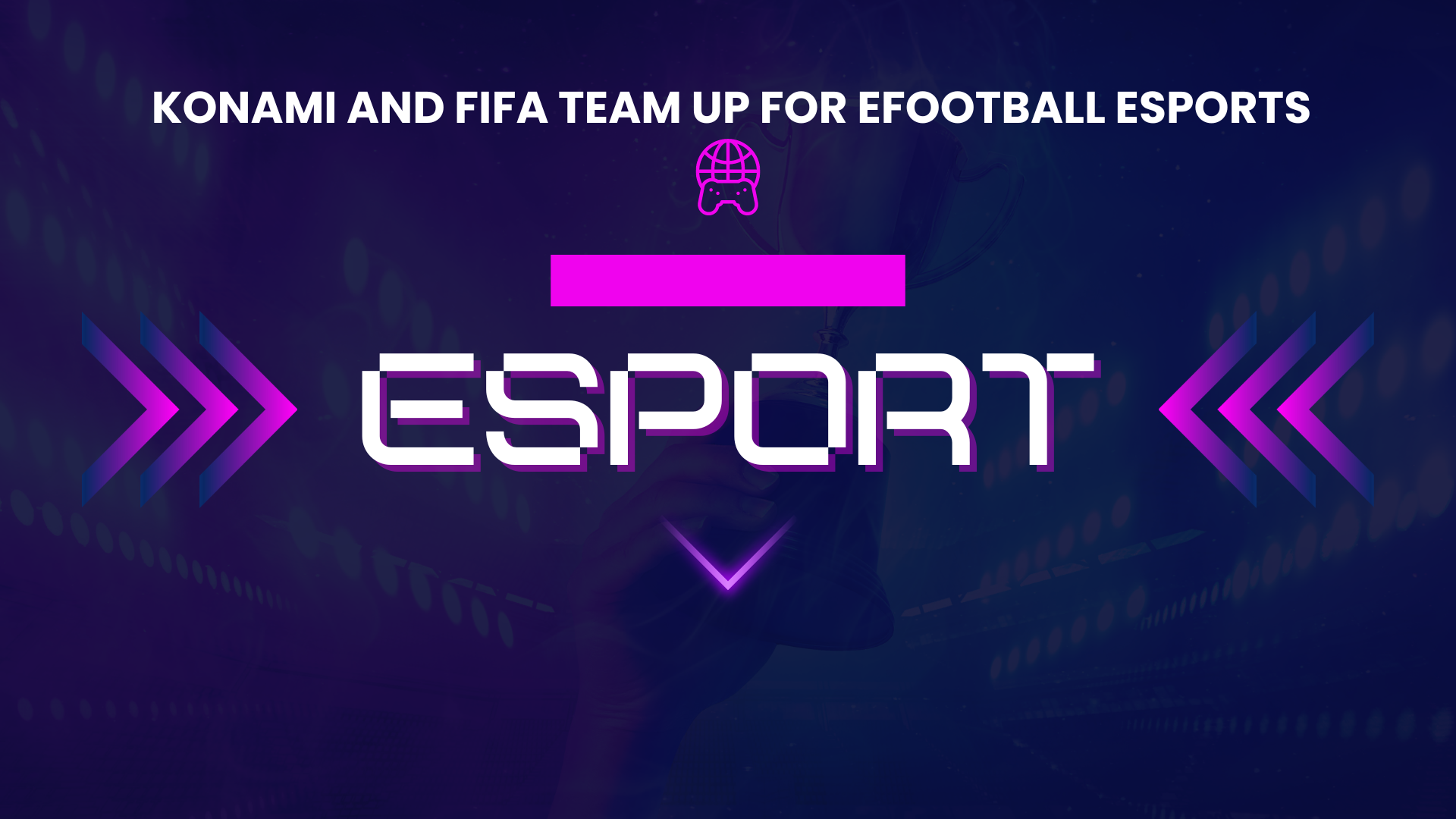FIFA, the global governing body of football, has recently announced a groundbreaking partnership with Konami for the upcoming FIFAe World Cup. This collaboration marks a significant shift from the traditional association with Electronic Arts (EA), which had been hosting the prestigious tournament for the past two decades. The split between FIFA and EA in 2022 paved the way for this new alliance, positioning Konami’s eFootball as the platform for this year’s FIFAe World Cup.
eFootball, a free-to-play title developed by Konami and powered by Unreal Engine, has been completely revamped to enhance the realism and fluidity of football simulations. The game, a successor to the Pro Evolution Soccer series, now features a technology called “Motion Matching,” which enhances in-game animations to deliver a more realistic player movement experience
The FIFAe World Cup will feature two distinct events in 2024: one for console gaming and another for mobile platforms. Unlike EA FC’s format, where esports matches are typically one-versus-one, eFootball’s console tournaments are structured as two-versus-two matchups, with mobile competitions remaining one-versus-one. Qualification for the FIFAe World Cup is primarily through one-versus-one matches, with the qualifying phase kicking off today and detailed guidelines available on Konami’s official website.
Key Takeaways
Here are the key takeaways from the FIFA and Konami collaboration for eFootball esports:
- FIFA Partners with Konami: FIFA has officially partnered with Konami for the FIFAe World Cup, marking a significant shift from its previous long-standing partnership with EA Sports.
- eFootball as the Official Game: For the first time, eFootball will be the main game used in the FIFAe World Cup, representing a new era for FIFA’s esports competitions.
- FIFA’s Own Game in Development: Alongside this partnership, FIFA is reportedly developing its own football game, which will eventually serve as a competitor to EA FC, EA Sports’ rebranded football series following the end of their collaboration with FIFA.
Why Konami’s eFootball?
The selection of eFootball for the FIFAe World Cup and other esports tournaments is seen as a bold decision. eFootball pivoted from a traditional retail model to a free-to-play format in 2021, aiming to expand accessibility and engage a broader audience. While the game faced challenges during its early launch, ongoing updates and enhancements have helped solidify its place in the market.
One of the main draws for FIFA is eFootball’s accessibility on various platforms, including mobile devices, which aligns with FIFA’s goal of making esports more inclusive and globally widespread. The FIFAe World Cup 2024 is set to feature tournaments across console and mobile formats, further broadening the audience.
Esports Growth and Opportunities
FIFA’s partnership with Konami also highlights the growing importance of esports in the football industry. As virtual football gains more recognition as a legitimate competitive sport, major events like the FIFAe World Cup attract millions of viewers worldwide. This collaboration underscores FIFA’s commitment to advancing esports, as they aim to leverage Konami’s long-standing expertise in football gaming.
By using eFootball as the official game for its esports tournaments, FIFA hopes to maintain its relevance in the gaming world post-EA. The competitive gaming market is expanding rapidly, and both FIFA and Konami stand to benefit from the increased visibility and participation that esports provide.
A New Era for Football Esports
This new chapter in football esports is particularly significant given the long-standing rivalry between Konami and EA Sports. For many years, the FIFA series overshadowed PES, especially in terms of licensing agreements with popular leagues and clubs. However, with FIFA’s decision to move away from EA, eFootball steps into the spotlight, and Konami has the opportunity to demonstrate its capabilities on a grander stage.
“This collaboration with FIFAe opens up new avenues for us to expand the reach of eFootball and elevate the esports experience,” remarked Koji Kobayashi, senior executive at Konami, emphasizing their commitment to advancing football simulation and esports. Despite the transition, fans of FIFA’s esports ecosystem can expect a seamless continuation of high-stakes competition. The partnership signals FIFA’s broader goal of diversifying its offerings in the virtual sports domain, while Konami’s experience positions eFootball to thrive as a competitive platform.
